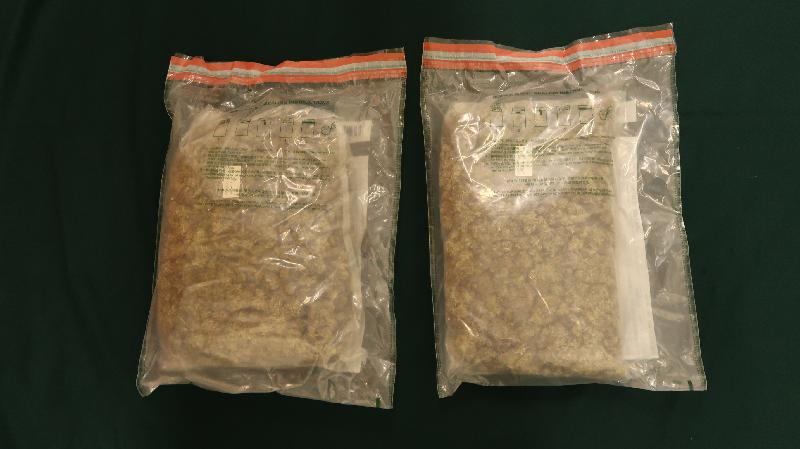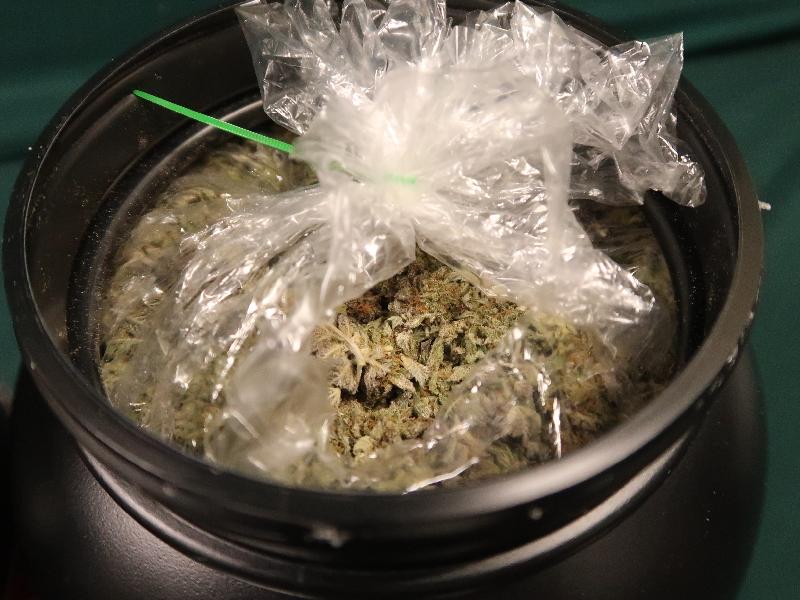Hong Kong’s Gross National Income and external primary income flows for fourth quarter of 2018 and whole year of 2018
The Census and Statistics Department (C&SD) released today (March 15) the preliminary statistics on Hong Kong’s Gross National Income (GNI) and related figures for the fourth quarter of 2018 and the whole year of 2018.
Hong Kong’s GNI, which denotes the total income earned by Hong Kong residents from engaging in various economic activities, increased by 4.8% in the fourth quarter of 2018 over a year earlier to $774.3 billion at current market prices. The Gross Domestic Product (GDP), preliminarily estimated at $755.2 billion at current market prices in the same quarter, recorded a 4.7% increase over the same period. The value of GNI was larger than GDP by $19.1 billion in the fourth quarter of 2018, which was equivalent to 2.5% of GDP in that quarter, mainly attributable to a net inflow of investment income.
After netting out the effect of price changes over the same period, Hong Kong’s GNI increased by 2.5% in real terms in the fourth quarter of 2018 over a year earlier. The corresponding GDP in the same quarter increased by 1.3% in real terms.
Hong Kong’s total inflow of primary income, which mainly comprises investment income, estimated at $386.1 billion in the fourth quarter of 2018 and equivalent to 51.1% of GDP in that quarter, recorded a significant increase of 9.6% over a year earlier. Meanwhile, total primary income outflow, estimated at $366.9 billion in the fourth quarter of 2018 and equivalent to 48.6% of GDP in that quarter, also increased considerably by 9.8% over a year earlier.
As for the major components of investment income inflow, direct investment income (DII) increased by 3.2% over a year earlier, mainly due to the increase in earnings of some prominent local enterprises from their direct investment abroad. Portfolio investment income (PII) recorded an increase of 3.5% over a year earlier, mainly attributable to the increase in interest income received by resident investors from their holdings of non-resident long-term debt securities, partly offset by the decrease in dividend income received by resident investors from their holdings of non-resident equity securities.
Regarding the major components of investment income outflow, DII increased by 4.7% over a year earlier, mainly due to the increase in earnings of some prominent multinational enterprises from their direct investment in Hong Kong. PII increased by 3.1%, mainly attributable to the increase in interest payout to non-resident investors from their holdings of resident long-term debt securities, partly offset by the decrease in dividend payout to non-resident investors from their holdings of resident equity securities.
Analysed by country/territory, the mainland of China continued to be the largest source of Hong Kong’s total primary income inflow in the fourth quarter of 2018, accounting for 38.2%. This was followed by the British Virgin Islands (BVI), with a share of 22.2%. Regarding total primary income outflow, the BVI and the mainland of China remained the most important destinations in the fourth quarter of 2018, accounting for 26.3% and 19.8% respectively.
For 2018 as a whole, Hong Kong’s GNI increased by 7.5% over a year earlier to $2,986.9 billion at current market prices. The difference of $141.6 billion from GDP for the same year (estimated at $2,845.3 billion) represented a net primary income inflow of the same amount and was equivalent to 5.0% of GDP in that year. The total primary income inflow was estimated at $1,627.7 billion, or 57.2% of GDP in 2018 while the corresponding outflow at $1,486.1 billion, or 52.2% of GDP in 2018. After netting out the effect of price changes, Hong Kong’s GNI increased by 4.1% in real terms in 2018 over 2017.
Further information
GDP and GNI are closely related indicators for measuring economic performance. GDP is a measure of the total value of production of all resident producing units of an economy. GNI denotes the total income earned by residents of an economy from engaging in various economic activities, irrespective of whether the economic activities are carried out within the economic territory of the economy or outside.
Figures of primary income inflow and outflow presented above are compiled based on data obtained from the Survey of External Claims, Liabilities and Income conducted quarterly by the C&SD, supplemented by data from other sources.
Figures of GNI and primary income flows analysed by income component from the first quarter of 2017 to the fourth quarter of 2018 are presented in Table A, while selected major country/territory breakdowns of primary income inflow and outflow for the same quarters are presented in Tables B(1) and B(2) respectively.
Statistics on GDP and GNI from 2017 onwards and primary income flows for 2018 are subject to revision when more data become available.
Enquiries about GNI and related statistics may be directed to the Balance of Payments Branch (2) of the C&SD at 3903 7054. read more



